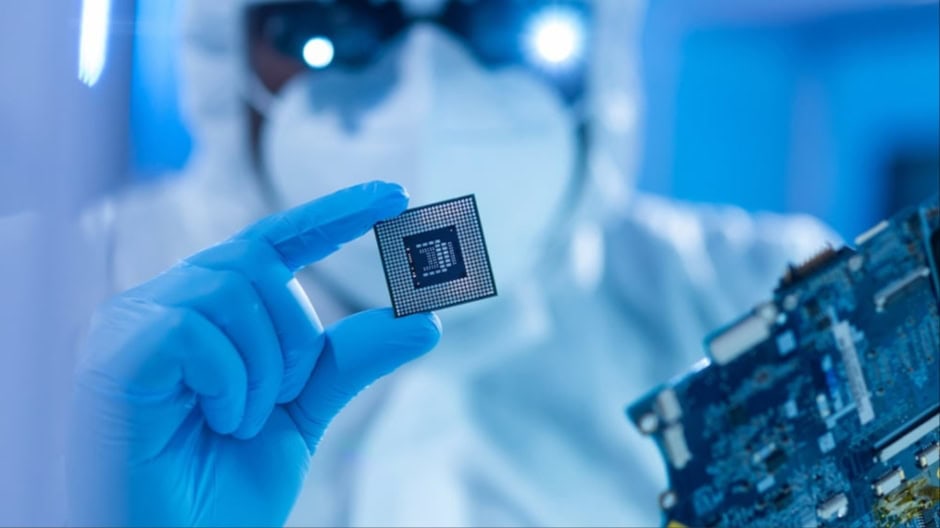ISLAMABAD: The much-anticipated Pakistan semiconductor policy has reportedly been delayed, as the Ministry of Information Technology and Telecommunication (MoITT) faces pushback over proposed incentives that conflict with the International Monetary Fund’s (IMF) ongoing Extended Fund Facility (EFF) program. The draft policy, which aimed to boost the local semiconductor industry through tax breaks, subsidies, and a national fund, now hangs in the balance.
According to officials, the Pakistan semiconductor policy was set to offer various financial incentives, including exemption of import duties on semiconductor equipment, 25% tax rebates, and soft loans with a 25% interest rate rebate. The policy also planned to extend Special Technology Zone (STZ) incentives to the sector.
However, these provisions reportedly violate conditions of the IMF’s EFF program, which restricts such subsidies. Due to this conflict, the policy remains on hold.
The ministry had also proposed setting up a National Semiconductor Fund worth Rs10 billion to support startups, retain local talent, and attract foreign firms and diaspora. The global semiconductor market, valued at over $600 billion in 2023, is expected to exceed $1 trillion by 2030, driven by surging demand in computing, automotive electronics, wireless connectivity, and power management.
MoITT emphasized the strategic importance of semiconductor self-reliance for national security and economic growth. The draft policy envisioned turning Pakistan into a hub for semiconductor design, manufacturing, and Assembly, Test, and Packaging (ATP), with indigenous capabilities in place by 2047.
The strategic roadmap includes five core pillars:
-
Policy support and incentives
-
Infrastructure development
-
Human resource development
-
Industry collaboration
-
R&D and innovation
Pakistan currently lacks presence in the three major semiconductor segments—design, fabrication, and ATP—and relies on imports for domestic consumption. The ministry noted that due to high capital and operational costs, countries typically enter the industry through design, which requires less investment but offers higher ROI.
In light of global semiconductor disruptions from COVID-19 and ongoing tech wars, many nations are repositioning themselves. Technologies like AI and electric vehicles have accelerated demand, providing opportunities for emerging economies.
The policy draft also highlights the impact of the US-China “Chip Wars,” exposing global dependency on US technologies and Taiwan’s manufacturing. In response, countries are investing heavily to ensure self-reliance:
-
China: $155 billion for 70% self-reliance by 2025
-
South Korea: $450 billion in chip foundries
-
USA: Over $52 billion for chip production
-
EU: €11 billion investment commitment
-
India: $10 billion for local ecosystem
-
Saudi Arabia: $100 billion via Alat until 2030, with semiconductors as a focus
The draft further explains that while chip fabrication often receives the most attention, it’s not an ideal starting point due to the massive investment required. In contrast, design offers lower entry costs and better returns but demands a highly skilled workforce.
Currently, the USA dominates the Electronic Design Automation (EDA) and chip design market, Taiwan leads in fabrication, and China controls most of the ATP/OSAT market.
MoITT claims that the policy is a result of extensive stakeholder consultation and is designed to cover all key segments of the semiconductor value chain. Officials believe this policy can leverage Pakistan’s young workforce, promote startup culture, enhance national security, and drive economic growth by integrating into global semiconductor supply chains.
As the government navigates IMF constraints, the future of Pakistan’s semiconductor ambitions remains uncertain—but the potential, as outlined in the policy, is vast and urgent.

 3 min read
3 min read


















